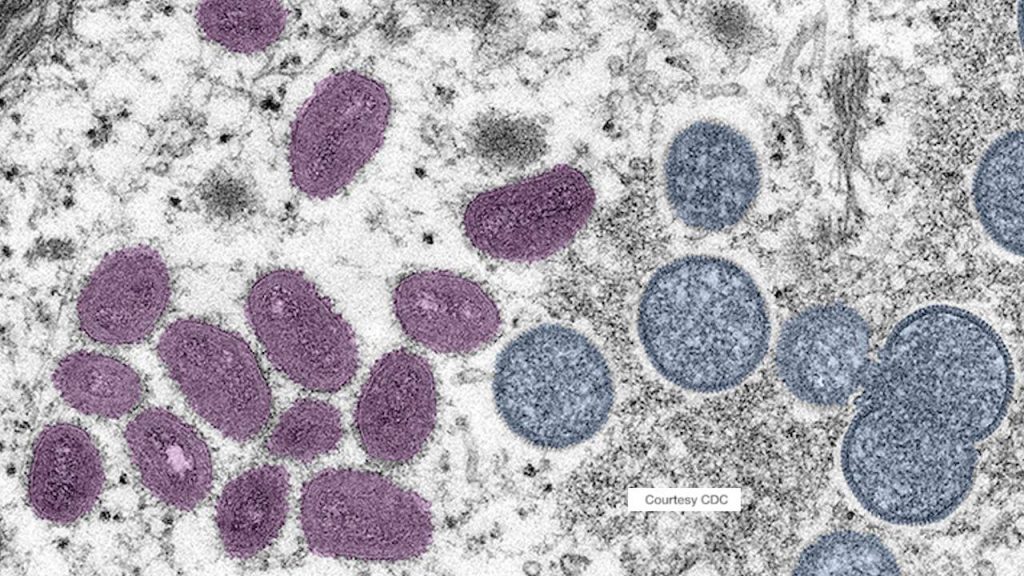-
Featured News
WHO declares monkeypox a global health emergency

The World Health Organization's Emergency Committee has declared the monkeypox outbreak to be a global health emergency. According to the Centers for Disease Control and Prevention, there have been over 16,000 cases globally, including in 68 countries where the virus isn't typically seen. Of those cases, more than 2,800 were in the U.S.
Dr. Richard Kennedy, co-director of Mayo Clinic's Vaccine Research Group, explains what the declaration means. "The monkeypox outbreak has spread far beyond what we see in typical outbreaks and will likely require a global effort to stop. It serves as a warning to the global community that this is a serious public health issue."
Dr. Kennedy says the declaration also is a threshold that many governments, global organizations and companies use to dictate their response.
Andrew Badley, M.D., is an infectious diseases specialist at Mayo Clinic. From HIV to Ebola, and most recently COVID-19, he has witnessed the spread of many viruses over his career. "The the current outbreak underscores the need to implement measures that identify those who are infected early on, "and then quickly isolate and manage them appropriately in order to prevent further infections and ultimately control the spread of this disease to other humans."
Drs. Kennedy and Badley say the global health emergency declaration would help by providing the resources to implement those measures.
Related information:
- Questions and answers about monkeypox
- Emerging cases of monkeypox investigated
- Monkeypox: What is it and how can it be prevented?
Related Articles







